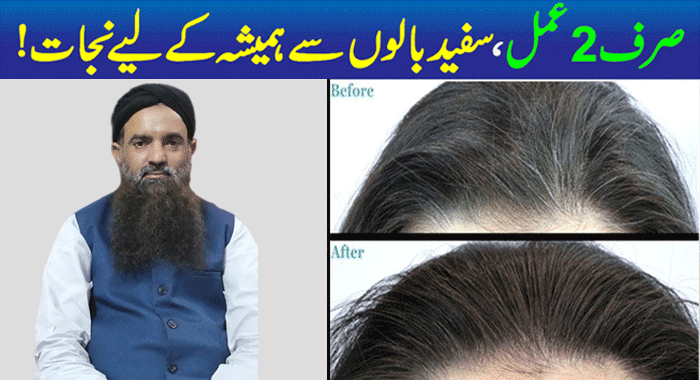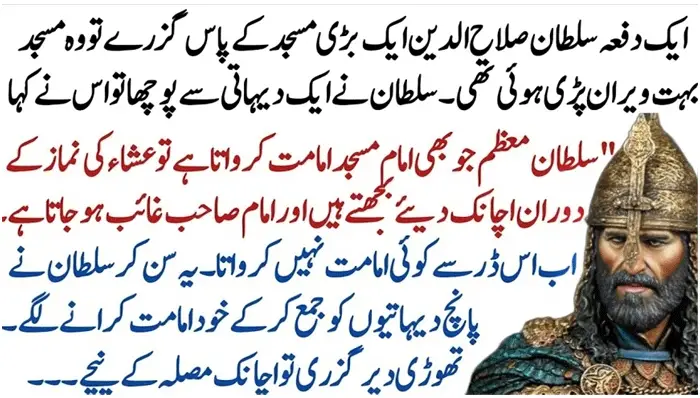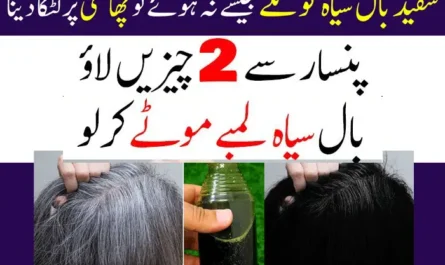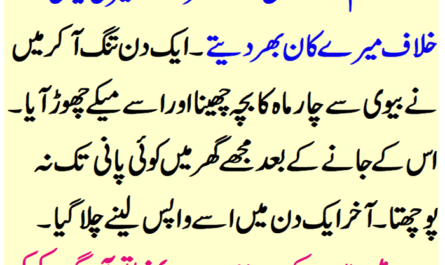Introduction:
The phenomenon of hair turning grey is a natural part of the aging process, but many myths and misconceptions surround this common occurrence. Understanding the science behind why hair turns grey and debunking common myths can help individuals better comprehend and embrace the aging process gracefully. In this article, we’ll explore the reasons behind grey hair and debunk six prevalent myths associated with hair aging.
Understanding Grey Hair:
1. Melanin Depletion:
Hair color is determined by the presence of melanin, a pigment produced by melanocytes in the hair follicles. As individuals age, the melanocytes gradually become less active, leading to a reduction in melanin production and eventual depletion, resulting in grey or white hair.
2. Genetics:
Genetics plays a significant role in determining when and how quickly an individual’s hair turns grey. Factors such as family history, ethnicity, and inherited traits influence the onset and progression of grey hair. Some individuals may experience premature greying due to genetic predisposition.
Debunking Hair Myths:
1. Plucking Grey Hair Causes More to Grow:
- Fact: Plucking grey hair does not cause more grey hair to grow in its place. However, excessive plucking can damage the hair follicles and lead to hair loss or thinning over time.
2. Stress Causes Grey Hair:
- Fact: While stress can exacerbate hair loss or accelerate the aging process, there is no direct scientific evidence linking stress to the development of grey hair. Grey hair is primarily determined by genetic factors and natural aging processes.
3. Cutting Hair Prevents Grey Hair:
- Fact: Cutting or trimming hair does not prevent it from turning grey. Hair growth and pigmentation occur within the hair follicles beneath the scalp, unaffected by external factors such as cutting or styling.
4. Grey Hair is Coarser or Thicker:
- Fact: Grey hair may appear coarser or thicker due to changes in texture and structure that occur with aging. However, the thickness and texture of grey hair vary among individuals and are not inherently different from pigmented hair.
5. Dyeing Hair Accelerates Greying:
- Fact: There is no scientific evidence to suggest that dyeing hair accelerates the greying process. Hair dyeing only affects the visible portion of the hair shaft and does not alter the underlying biological processes that cause hair to turn grey.
6. Grey Hair is Irreversible:
- Fact: While grey hair is a natural part of the aging process, it is not irreversible. Many individuals choose to color their hair using hair dye or other cosmetic treatments to conceal grey hair and restore a more youthful appearance.
Embracing Grey Hair:
Despite the myths and misconceptions surrounding grey hair, many individuals choose to embrace their natural hair color as a symbol of wisdom, experience, and maturity. Embracing grey hair can be empowering and liberating, allowing individuals to celebrate their unique beauty and authenticity.
Conclusion:
Grey hair is a natural and inevitable part of the aging process, influenced by genetics, melanin depletion, and other biological factors. By debunking common myths about hair aging and understanding the science behind grey hair, individuals can develop a deeper appreciation for their natural hair color and embrace the aging process with confidence and grace.






